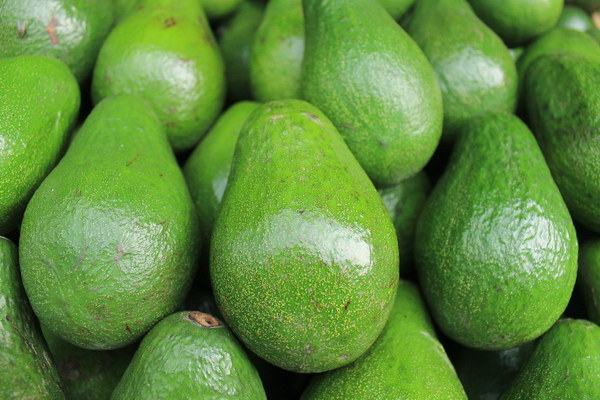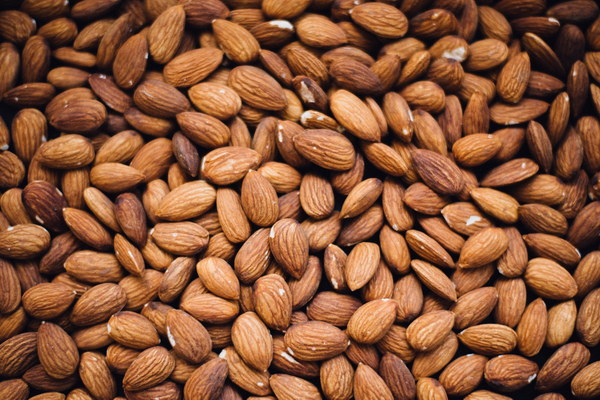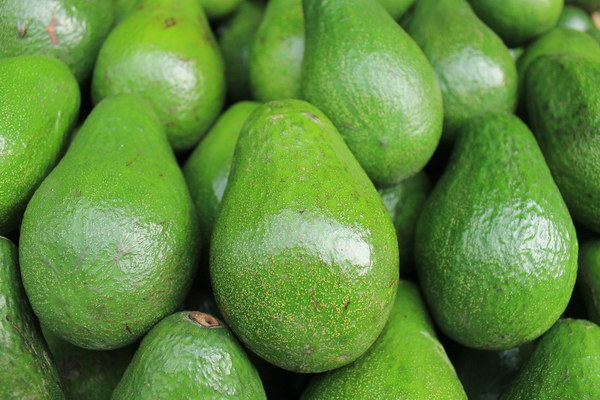Peanuts A LungNourishing Treat for a Healthier You
In the vast expanse of natural remedies and nutritional wonders, peanuts have emerged as a true gem, especially for those seeking to support lung health. Known for their rich profile of nutrients and antioxidants, peanuts are not just a tasty snack but also a powerhouse for the respiratory system. Let's delve into how peanuts can be a lung-nourishing treat for a healthier you.
The Nutritional Bounty of Peanuts
Peanuts are a legume, not a nut, and they pack a punch when it comes to essential nutrients. They are an excellent source of protein, fiber, and healthy fats, particularly monounsaturated fats, which are known to reduce the risk of heart disease. But it's their role in lung health that truly sets them apart.
1. Vitamin E: The Lung's Antioxidant Ally
One of the standout nutrients in peanuts is Vitamin E, a powerful antioxidant. Vitamin E helps to combat oxidative stress, which is a key factor in the development of lung diseases such as chronic obstructive pulmonary disease (COPD) and asthma. By neutralizing free radicals, Vitamin E can help to reduce inflammation in the lungs and prevent damage to lung tissue.
2. Magnesium: The Relaxant for Bronchial Muscles
Magnesium is another nutrient found in peanuts that can benefit lung health. It has a relaxing effect on bronchial muscles, which can help to open up airways and make breathing easier for those with asthma or other lung conditions. Studies have suggested that a magnesium deficiency can exacerbate asthma symptoms, so peanuts can be a simple and delicious way to boost magnesium levels.
3. Phosphorus: The Lung's Structural Supporter
Phosphorus is crucial for maintaining the structure and function of the lungs. It plays a role in the production of phospholipids, which are essential for the maintenance of cell membranes, including those in the lungs. Adequate phosphorus intake can support the integrity of lung tissue and help prevent respiratory infections.
4. Selenium: The Lung's Detoxifier
Selenium is a trace mineral that works as an antioxidant, helping to protect the lungs from environmental pollutants and toxins. It also plays a role in regulating inflammation, which is a key aspect of lung health. Selenium deficiency has been associated with an increased risk of lung cancer, making peanuts a potentially protective food for those at risk.
5. Polyphenols: The Lung's Defense Team
Peanuts are rich in polyphenols, a class of plant compounds with antioxidant properties. These compounds have been shown to have anti-inflammatory effects and may help to reduce the risk of developing lung diseases. Polyphenols can also enhance the immune system, providing an additional layer of defense against respiratory infections.
How to Incorporate Peanuts into Your Diet for Lung Health
Including peanuts in your diet is as simple as adding them to a salad, snacking on a handful, or using peanut butter as a spread on whole-grain toast. However, it's important to consume peanuts in moderation, as they are high in calories and fat. Here are a few ideas to integrate peanuts into your meals:

- Add chopped peanuts to a stir-fry or salad for an extra crunch and protein boost.
- Use peanut butter as a base for a smoothie, mixed with spinach, banana, and almond milk.
- Roast a batch of peanuts and sprinkle them over roasted vegetables or a cold yogurt.
- Munch on a small handful of peanuts as a healthy snack between meals.
In conclusion, peanuts are more than just a tasty treat; they are a lung-nourishing powerhouse. With their impressive array of nutrients and antioxidants, peanuts can be a valuable addition to a diet aimed at supporting lung health. So, the next time you reach for a snack, consider the potential benefits of a handful of peanuts for your respiratory system.









